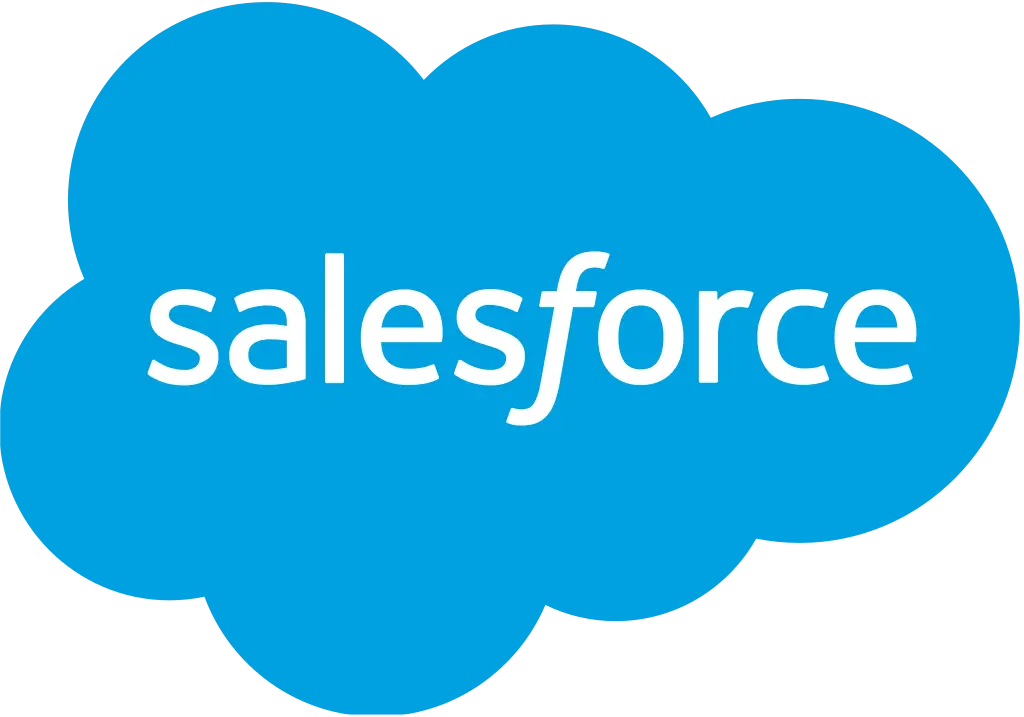What we do
WebuildCloudEmployeesformarketing,sales,support,andHRsoyoucanscaleoutput,notheadcount.
Our products
Zoey
Lead Response Cloud Employee

Instantly engages inbound leads across email, phone, and chat, qualifying prospects, booking meetings, and making sure no opportunity slips through the cracks.




Miles
Customer Support Cloud Employee

Handles Tier 1 tickets, triages complex issues, and responds instantly across every channel. Always on, always accurate, fully integrated with your support stack.




Hannah
Front Desk Cloud Employee

Smooths front desk chaos in dental, medical, and automotive offices—handling scheduling, answering FAQs, and triaging requests without missing a beat. Hannah is always friendly, always on-brand, and never off duty.
Sandy
Roleplay Cloud Employee

Simulates real sales calls so your reps can practice anytime—no scheduling, no peer needed. Sandy plays your ideal buyer, throws real objections, and gives instant coaching so reps get sharper with every call.




Reece
Recruiter Cloud Employee

Handles first-round screening, answers applicant questions, and books interviews…24/7. No burnout, no hand-holding, no more bottlenecks.




Zoey
Lead Response Cloud Employee

Instantly engages inbound leads across email, phone, and chat, qualifying prospects, booking meetings, and making sure no opportunity slips through the cracks.




Miles
Customer Support Cloud Employee

Handles Tier 1 tickets, triages complex issues, and responds instantly across every channel. Always on, always accurate, fully integrated with your support stack.




Hannah
Front Desk Cloud Employee

Smooths front desk chaos in dental, medical, and automotive offices—handling scheduling, answering FAQs, and triaging requests without missing a beat. Hannah is always friendly, always on-brand, and never off duty.
Sandy
Roleplay Cloud Employee

Simulates real sales calls so your reps can practice anytime—no scheduling, no peer needed. Sandy plays your ideal buyer, throws real objections, and gives instant coaching so reps get sharper with every call.




Reece
Recruiter Cloud Employee

Handles first-round screening, answers applicant questions, and books interviews…24/7. No burnout, no hand-holding, no more bottlenecks.




Zoey
Lead Response Cloud Employee

Instantly engages inbound leads across email, phone, and chat, qualifying prospects, booking meetings, and making sure no opportunity slips through the cracks.




Miles
Customer Support Cloud Employee

Handles Tier 1 tickets, triages complex issues, and responds instantly across every channel. Always on, always accurate, fully integrated with your support stack.




Hannah
Front Desk Cloud Employee

Smooths front desk chaos in dental, medical, and automotive offices—handling scheduling, answering FAQs, and triaging requests without missing a beat. Hannah is always friendly, always on-brand, and never off duty.
Sandy
Roleplay Cloud Employee

Simulates real sales calls so your reps can practice anytime—no scheduling, no peer needed. Sandy plays your ideal buyer, throws real objections, and gives instant coaching so reps get sharper with every call.




Reece
Recruiter Cloud Employee

Handles first-round screening, answers applicant questions, and books interviews…24/7. No burnout, no hand-holding, no more bottlenecks.




How Cloud Employees Work
See how Cloud Employees start fast, learn quickly, and get the job done.

Hire Your Cloud Employee
Cloud Employees come ready to work: pretrained, on-brand, and ready to engage on any channel.
Equip Your Cloud Employees
Plug them into tools like your CRM, calendar, or help desk and let them work.
Coach Your Cloud Employee
Coach them to match your best rep and watch them improve every day.
Watch Cloud Employees Deliver
On task 24/7. No dropped balls. Just results.
Hire Your Cloud Employee
Cloud Employees come ready to work: pretrained, on-brand, and ready to engage on any channel.
Equip Your Cloud Employees
Plug them into tools like your CRM, calendar, or help desk and let them work.
Coach Your Cloud Employee
Coach them to match your best rep and watch them improve every day.

Watch Cloud Employees Deliver
On task 24/7. No dropped balls. Just results.
"Signals' Event Agents helped us drive 4% registration, engage 30% of our customer base, and lift pipeline by 20%—all without adding headcount."

"Signals delivered a 50% contact rate and 25% conversion, matching recruiter performance at a fraction of the cost."

"Signals drove a 33% pipeline lift and saved us thousands, no reps needed."

"Signals' Event Agents helped us drive 4% registration, engage 30% of our customer base, and lift pipeline by 20%—all without adding headcount."

"Signals delivered a 50% contact rate and 25% conversion, matching recruiter performance at a fraction of the cost."

"Signals drove a 33% pipeline lift and saved us thousands, no reps needed."

"Signals' Event Agents helped us drive 4% registration, engage 30% of our customer base, and lift pipeline by 20%—all without adding headcount."

"Signals delivered a 50% contact rate and 25% conversion, matching recruiter performance at a fraction of the cost."

"Signals drove a 33% pipeline lift and saved us thousands, no reps needed."










